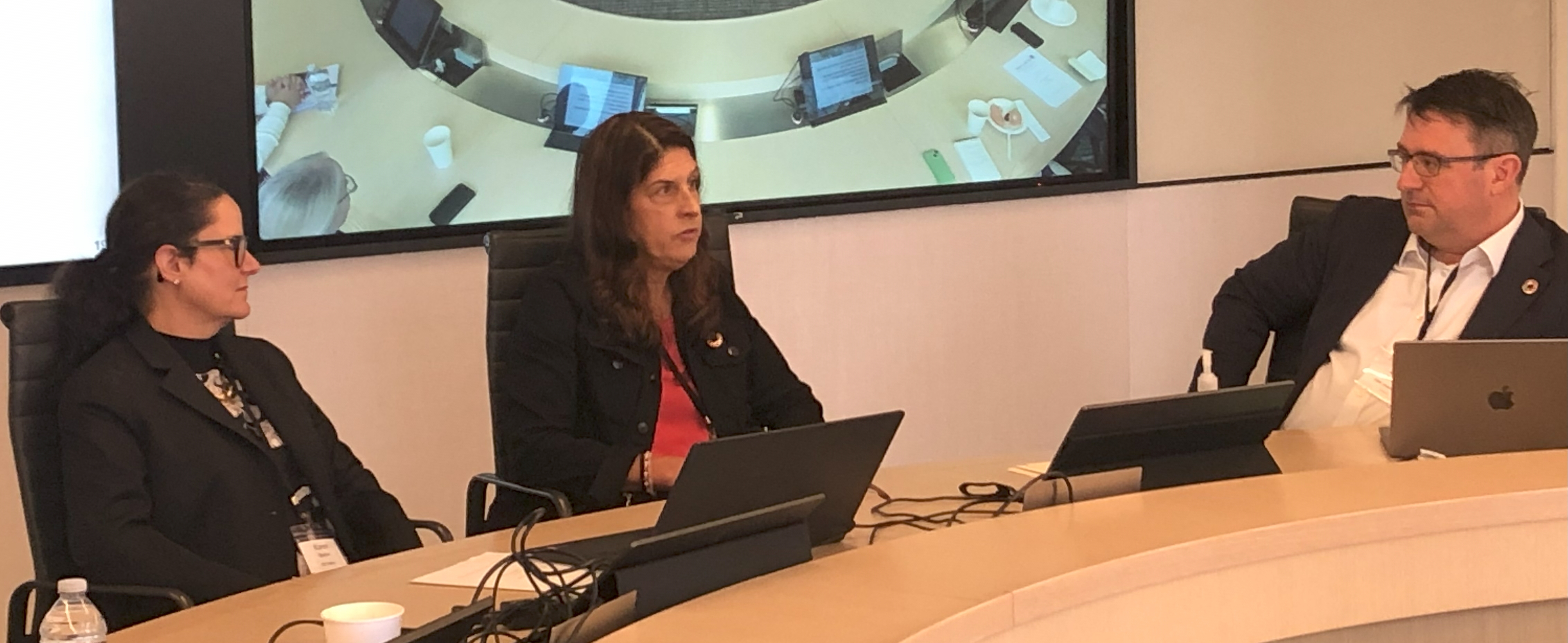
Attaining climate goals to reduce greenhouse gas (GHG) emissions and ensure companies have actionable policies is not possible without structured, machine-readable data to gauge where we are, and what is needed to reach targets. Many global climate mandates today require GHG emissions data and climate narratives to be submitted in digital (XBRL) format because digital data can be automatically consumed, is easily verified, and is interoperable across companies and countries.
This roundtable discussion which took place during Climate Week NYC, brought together ESG and standards professionals, CFOs and financial executives for networking and discussion on digital data standards, the impact on business and how they are used to make climate and financial data reporting more effective. Review the presentation and listen to a 20-minute segment of the event addressing the impact on business by clicking the play button below.
Speakers:
- Catherine Atkin, Chair, Stanford CodeX Climate Data Policy Initiative
- Karen Bodner, Head, Investor Relations Advisory, BNY Mellon
- Campbell Pryde, President and CEO, XBRL US
- Michelle Savage, Vice President, Communication, XBRL US
- Ann Tracy, Chief Sustainability Officer, Colgate-Palmolive
- John Turner, CEO of XBRL International
- Liv Watson, Senior Digitization Advisor, Capitals Coalition
9-10 AM: US and Global Mandates for Climate Reporting
Climate disclosure requirements in the US and globally require the reporting of emissions and other climate data, often in digital (XBRL) format. Review the intersection of mandates, and how regulators are working to ease the burden on reporting entities and generate actionable data. Find out what "digital climate" means and how it is created, and used.
10-11 AM: Impact on Business
 Corporate CFOs, sustainability officers, and board members are engaged in how their companies can support the demand for climate data efficiently and effectively. This discussion will address how companies are handling this issue today.
Corporate CFOs, sustainability officers, and board members are engaged in how their companies can support the demand for climate data efficiently and effectively. This discussion will address how companies are handling this issue today.





